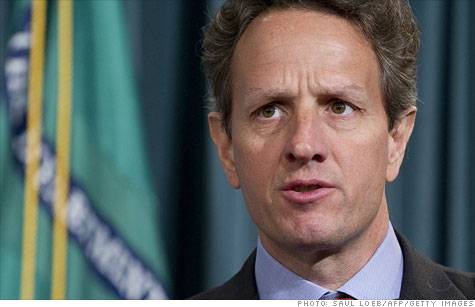Big business has publicly jumped into the debt ceiling debate, warning lawmakers of dire consequences if they wait too long to raise the legal cap on government borrowing.
"We strongly agree that the failure to increase the statutory debt limit in a timely fashion could have a significant and long-lasting negative impact on the U.S. economy," according to a letter delivered to Congress on Wednesday by more than 50 business groups.
In addition, the groups said they are also "extremely concerned" about federal debt and large annual budget deficits. ...
Until Wednesday, the financial community hadn't applied strong public on the issue.
"With economic growth slowly picking up, we cannot afford to jeopardize that growth with the massive spike in borrowing costs that would result if we defaulted on our obligations," the letter stated. "It is critically important that the United States stands fully behind its legal obligations."
Some of the most powerful business lobbying groups in Washington signed on to the petition.
Among them: The American Gas Association, the Business Roundtable, Financial Services Forum, National Association of Manufacturers, Financial Services Roundtable and the U.S. Chamber of Commerce.
Business to Congress: Raise debt ceiling now - Yahoo! Finance





